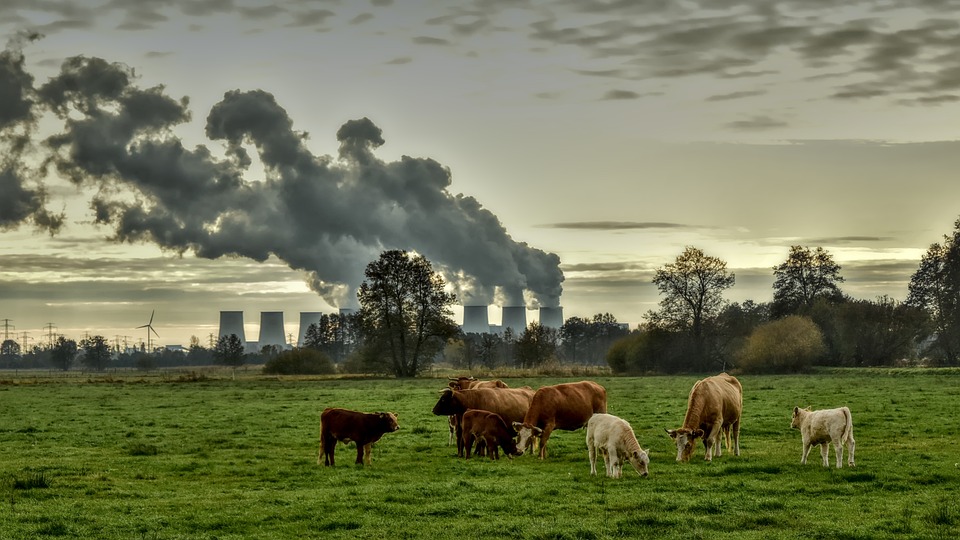What Does COP Stand For Climate?
The Conference of the Parties (COP) is the highest decision-making body of the United Nations Framework Convention on Climate Change (UNFCCC). It is composed of representatives from all of the countries that have signed the UNFCCC, and is responsible for deciding on how the international community can work together to tackle climate change.
What is the Conference of the Parties?
The Conference of the Parties (COP) is the highest decision-making body of the United Nations Framework Convention on Climate Change (UNFCCC). It is composed of representatives from all of the countries that have signed the UNFCCC, and is responsible for deciding on how the international community can work together to tackle climate change. The COP meets annually to review the progress made in implementing the UNFCCC and to negotiate the commitments of the Parties.
What are the Objectives of the COP?
The objectives of the COP are to:
• Promote the implementation of the UNFCCC and its Kyoto Protocol
• Support the development of climate change policies and measures
• Foster cooperation and collaboration among Parties
• Establish an effective and equitable system of emissions trading
• Strengthen and expand climate change research and development efforts
• Address the needs of developing countries with respect to climate change
What are the Outcomes of the COP?
The COP has achieved several important outcomes over the years. These include:
• The adoption of the Kyoto Protocol in 1997, which sets binding targets for reduction of greenhouse gas emissions
• The establishment of the Clean Development Mechanism, which allows developed countries to use investments in emissions-reducing projects in developing countries in order to offset emissions
• The adoption of the Paris Agreement in 2015, which sets a goal of limiting global temperature rise to well below 2 degrees Celsius
Conclusion
The Conference of the Parties is the highest decision-making body of the United Nations Framework Convention on Climate Change. It is composed of representatives from all of the countries that have signed the UNFCCC, and is responsible for deciding on how the international community can work together to tackle climate change. The COP has achieved several important outcomes over the years, including the adoption of the Kyoto Protocol and the Paris Agreement.

Kyle Whyte is a notable scholar and professor at the University of Michigan, holding positions such as the George Willis Pack Professor in the School for Environment and Sustainability and Professor of Philosophy. Specializing in environmental justice, his work critically examines climate policy and Indigenous peoples’ ethics, emphasizing the nexus between cooperative scientific endeavors and Indigenous justice. As an enrolled Citizen Potawatomi Nation member, he brings a vital perspective to his roles as a U.S. Science Envoy and member of the White House Environmental Justice Advisory Council. His influential research is supported by various prestigious organizations including the National Science Foundation, and disseminated through publications in high-impact journals. Kyle actively contributes to global Indigenous research methodologies and education, with affiliations to numerous institutes and societies dedicated to traditional knowledge and sustainability. Recognized for his academic and community engagement, Kyle has earned multiple awards and served in various visiting professorships. His efforts extend to leadership positions on boards and committees focused on environmental justice nationwide.
